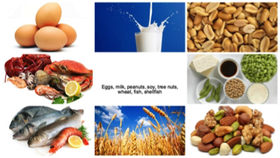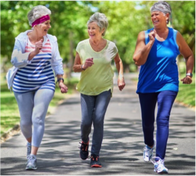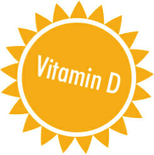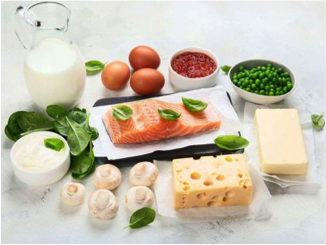 Osteoporosis and Diet Therapy Professionals Ltd’s Dietitian reports on Osteoporosis and Diet Bone is a living tissue that is continually remodelled and rebuilt throughout a person’s life. Calcium deposits make bones strong. Eating a balanced diet that includes calcium rich foods is important in maintenance of bone strength. As the body grows, bones become stronger, peaking in mass at about age 30. After this, bones lose calcium as part of natural ageing both in women and men. Oestrogen helps to keep calcium in bones, so when levels drop at menopause, women lose calcium from bones more rapidly than men do. Things that reduce bone strength: Smoking Among the many health benefits of stopping smoking, this will improve absorption of many nutrients from the diet, including calcium. Alcohol Four or more alcoholic drinks a day can reduce calcium uptake by the bones despite dietary intake. Weight Being overweight may add stress to bones, however generally leads to a decrease in mobility and weight bearing exercises. Research shows being underweight or having a slight frame also can increase the risk of osteoporosis.  How to keep my bones strong? Exercise Regular weight bearing exercise where some strain is placed on the bones builds up bones in young people, and slows down loss of bone density in older people. Weight bearing exercise requires your muscles to move against gravity eg walking, jogging and playing sports (swimming, cycling and rowing are not weight bearing activities).  Sunshine Vitamin D is needed for calcium to be deposited into bones. Sunshine (ultraviolet light) is needed for the body to produce its own Vitamin D. If exposure to sunshine is limited during aNZ winter especially in the south island, food sources of Vitamin D are important. These include fish oils, sardines, tuna, eggs, butter and margarine and liver. Healthy diet A diet rich in calcium and a variety of foods from the four food groups - fruit and vegetables, breads and cereals, meat or meat alternatives, and milk and dairy products ensure good general health. How do I achieve a healthy calcium intake Adult men and premenopausal women need 800mg of calcium per day. Adult men and premenopausal women need 1000mg of calcium per day. Post menopausal women (over 51 years) and men over 70 years 1300mg per day. The table below shows how to achieve a healthy calcium intake. Dietary Supplements
The preferred source of calcium is from food and the preferred sources of Vitamin D are sunlight and food. Food also contains other important nutrients such as phosphorus, zinc and magnesium, protein and other vitamins. Vitamin D If you are unable to get outside regularly you may need a Vitamin D supplement. Calcium If you don’t like, or can’t eat calcium rich foods, calcium supplements may be necessary. Discuss with your doctor whether dietary supplements are necessary, and which type is best for you. Therapy Professionals Ltd has dietitians available who are able to provide information to groups or individuals on many aspects of nutrition. Just contact us Phone: 03 3775280 Email: [email protected] References Arthritis Foundation of NZ and DAB ‘Your Bones, Your Future’ Arthritis Foundation of NZ and DAB ‘Look after dem bones’ Mann, J, Trusswell S, ‘Essentials of Human Nutrition’ Comments are closed.
|
AuthorShonagh O'Hagan Archives
July 2024
|


 RSS Feed
RSS Feed